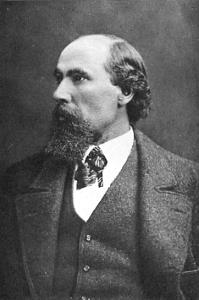On 26 January 2009, Loyola University New Orleans and Senior Fellow with the Ludwig von Mises Institute Professor Walter Block participated in a panel discussion sponsored by the Federalist Society, University of Tennessee College of Law, 26 January 2009.
- We have privately owned roads that are open to the general public, or to selected portions of the public, all over the place. They exist in residential subdivisions, townhouse clusters, shopping complexes, industrial parks, and other places. The "problem" is how to connect them.
- In this area of the country if one is to generate additional traffic on a public road, they are forced to pay for improvements to that road without the benefit of ownership.
- We already have new road construction and/or improvement where the property owners along the road are assessed fees for improvements or construction. One problem there is even though a business owner did pay for the stretch of road in front of his store, the government still owns it. If the road comes with a sidewalk, the shopkeeper might even be held liable if anybody is injured on it due to ice or other factors, even though the government owns it.
- One solution is to leave the ownership of all these roads, that the people closest to them are forced to pay extra for, in the hands of the people being charged for them.
- On the issue of building long, thin things, like roads, and having to purchase right-of-way being a problem: James J. Hill seemed to figure a way around this problem when he constructed the Great Northern Railway. It was completed in 1893. If he could figure out how to get a steam engine drawn train from the Atlantic to the Pacific without going "over or under" land that people did not want to sell, lease, or otherwise let others cross then any self-respecting libertarian Anarcho-Capitalist of the 21st century should be able to figure out that problem without a trespass.
- Highways could operate on the James Hill model.
Ⓐ Steve Ⓐ

No comments:
Post a Comment